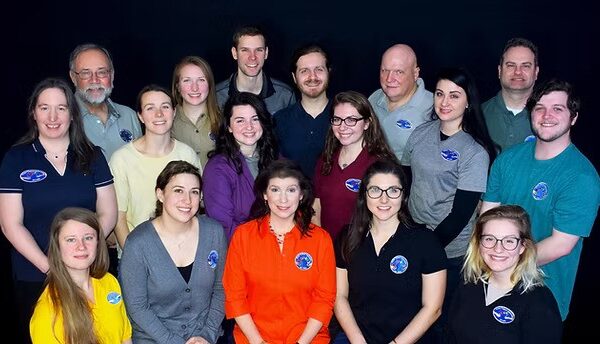In what ways can a hand surgeon help you?
Dr. Jacob: Hand surgeons treat various conditions related to problems with the hands and forearms, from tendonitis and broken bones to arthritis of the hands and other chronic conditions.
Dr. Sumarriva: The most important thing we do is restore our patients’ use of their hands so they can get back to doing the activities they enjoy or just simple tasks around the house. Our goal is to improve our patient’s quality of life.
What are the most common conditions you treat?
Dr. Jacob: Besides fractures of the fingers and wrists, the most common conditions are carpal tunnel syndrome, trigger finger, tendonitis, and thumb arthritis. Carpal tunnel is caused by a compressed nerve in the wrist and can cause weakness, pain, and disturbances of sensation in the hand and fingers. A finger that gets stuck in a bent position is a trigger finger.
When and why should I see a hand surgeon?
Dr. Jacob: In addition to pain relief, we help reduce numbness in the hands. Numbness causes people to drop objects and prevents them from doing common tasks, like cooking and shopping. Even patients with significant sensory loss can improve.
Why should someone come to St. Luke’s, and to you, in particular?
Dr. Sumarriva: I take the time to ensure we find the best option for each patient, whether it’s injections, bracing, therapy, or surgery. The care at St. Luke’s is fantastic. The culture is patient-focused, and the facilities are amazing!
Dr. Jacob: I’m fortunate to be in a situation where I can make decisions on patient care based on what I think is right for the patient. A fracture doesn’t necessarily need surgery. Often, there are other ways to treat it. I make a point to involve the patient and explain different options. If someone’s function is almost normal, there’s no reason to do surgery.
Drs. Jacob and Sumarriva see patients at various St. Luke’s Orthopedic Care locations throughout the Lehigh Valley. To schedule an appointment, call 484-526-1735.





